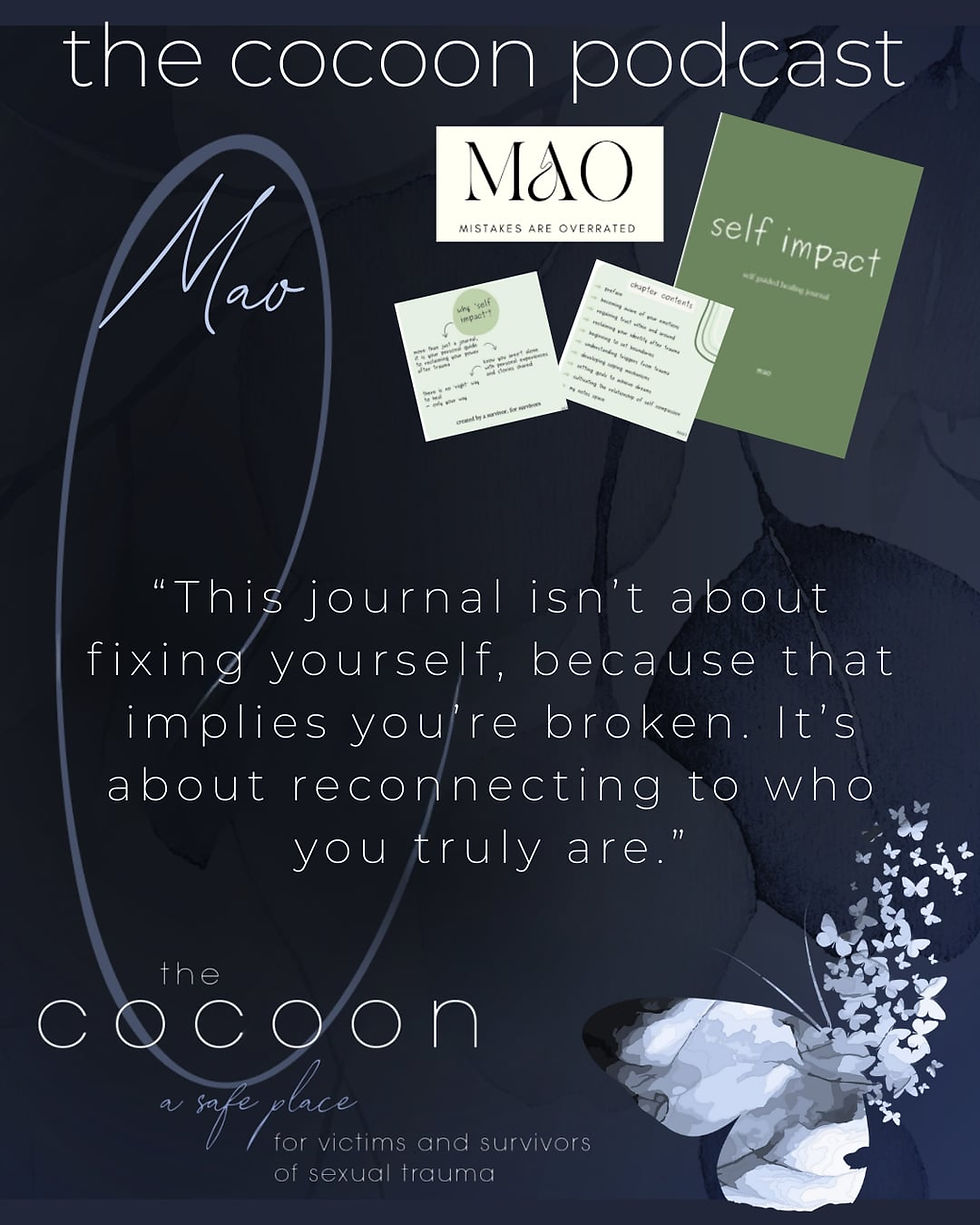Let's Talk Trauma ...
- tina5763
- Feb 25, 2023
- 3 min read
One of my friends tells people that she didn't have any trauma until she met me.
We all giggle.
Well, I giggle on the outside. Inside, I always feel uncomfortable when adults say they have no trauma. For two reasons - am I really that 'traumatised' that I can't imagine a world where people don't experience trauma, and why does trauma carry the stigma of serious abuses only?
So, what is trauma?
My friend obviously meant that she didn't realise that significant events in her life had been traumatic for her until she realised that they had impacted her. Now, she is consciously healing. She will come to despise me for that, I am sure.
Trauma isn't just the extreme things though. The extreme things are the obvious traumas, including sexual and physical abuse/assault and domestic violence and deaths of loved ones, poverty, and these days, coercive control and narcissism etcetera etcetera. You get the picture.
But trauma exists beyond these parameters and needs to be defined as such. We need to become more conscious of what it is, where we carry it or have experienced it, and how it has moved us away from our authentic self so that we can move towards wholeness as individuals and as a world community.
It is the impact of trauma that leads us to hurt others, fear vulnerability, engage in risky behaviours, stagnate, and not live wholly happily and fulfilled.
Trauma is an event or relationship or something that impacts the way we see ourselves in the world, the way that we behave and feel, the choices that we make. It is anything that stops us from being our most authentic self. Trauma can emerge from seemingly insignificant things because trauma is the impact of these events on our psyche and behaviour.
Dr Peter Levine, Dr Bessel van der Kolk, Dr Nicole Lepera, Dr Bruce Perry, Dr Nadine Burke Harris ... just some of the experts in this field of trauma, all believe and know that trauma impact can be healed and needs to be healed for optimal individual and social health, but it is a process. They also share the notion that the body carries the impact of what happens to it and in the mind regardless of whether the trauma is remembered or not, conscious or not.
They also share that the triggering traumatic event is not limited to the extremes we all recognise as traumatic. After all, trauma is the impact of the event, it is how we respond.
For me, I refer to the impact of my trauma as the stories I told myself to survive and to make sense of the world I was experiencing as a child that I am working towards realising, unpacking, and rewriting every day.
It is the stress responses I still embody some days, alternating between fight, flight, freeze and fawn, depending on my environment and sometimes, just the day of the week or time of the day (I am shaking my head at the truth of this, I assure you).
And it is the oftentimes profound alone-ness I experience as I walk through this world, healing myself and using that healing to serve others so that when they sit with a counsellor, they feel seen and heard and safe.
It is important, in my opinion, that we identify our trauma and heal it, for our own selves as well as the betterment of the world.





I really resonate with your point about the discomfort when adults claim 'no trauma' due to the stigma of serious abuses only. It’s a crucial distinction, as often the more subtle, cumulative experiences are overlooked, yet they profoundly shape our responses and worldview, just as you describe. Recognizing these less obvious forms of trauma is the first step towards healing, but for many, pinpointing exactly what constitutes their own traumatic experiences can be challenging. For those looking for a structured way to begin this self-discovery process, resources exist to help assess your trauma history and guide you toward wholeness.